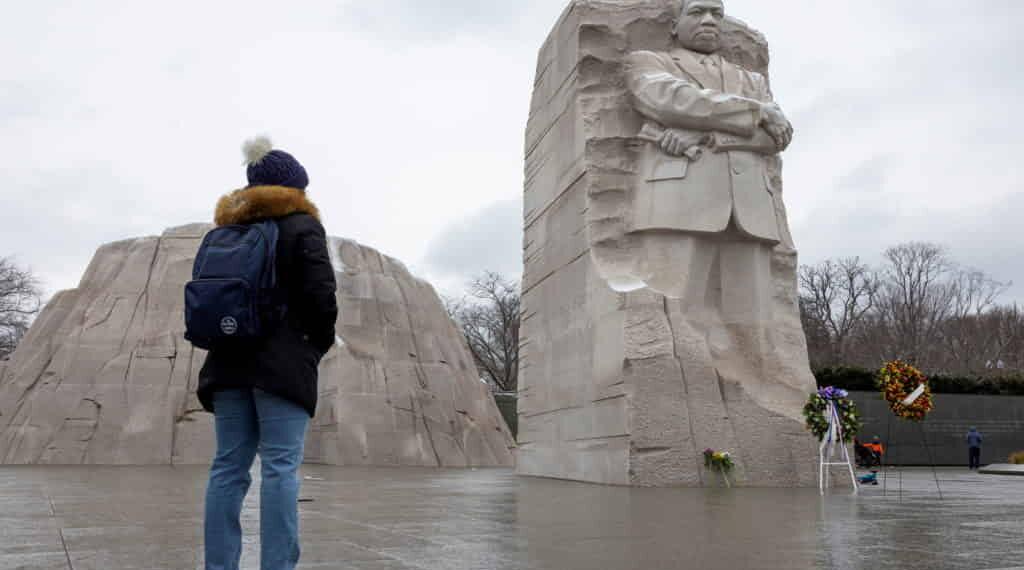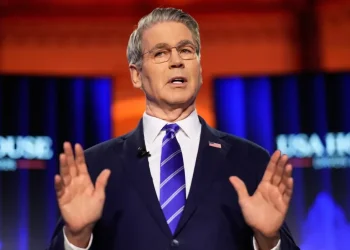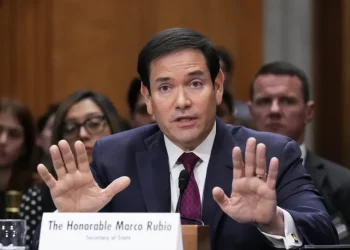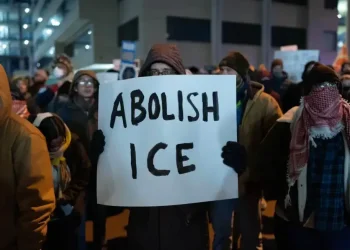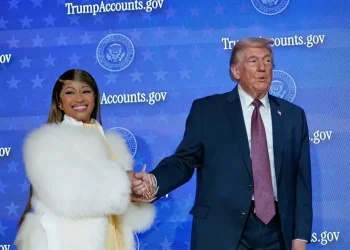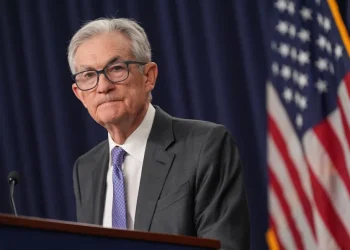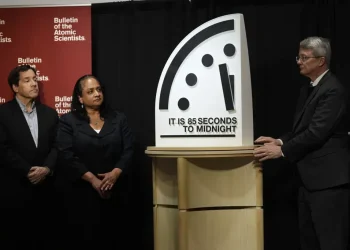Martin Luther King Jr. Day: A Journey to Honor and Serve
Martin Luther King Jr. Day, celebrated on the third Monday of January, is more than a federal holiday—it’s a call to service and a tribute to the legacy of equality, justice, and non-violence that Dr. King championed. While it is now a national tradition, establishing the holiday was a lengthy and challenging process.
The Origin of Martin Luther King Jr. Day
Dr. Martin Luther King Jr. delivered his historic “I Have a Dream” speech in 1963 at the Lincoln Memorial, honoring President Abraham Lincoln’s role in abolishing slavery. Today, millions honor King in similar fashion by reflecting on his fight for civil rights and equality.
The idea of a national holiday for Dr. King emerged shortly after his assassination on April 4, 1968, in Memphis, Tennessee. U.S. Representative John Conyers of Michigan introduced legislation just four days later, but opposition was immediate. Many Americans viewed King as polarizing, especially for his activism against poverty, housing inequities, and the Vietnam War.
A Difficult Path to Recognition
For 15 years, the Congressional Black Caucus, led by Conyers and supported by Dr. King’s widow, Coretta Scott King, fought tirelessly to pass the legislation. Critics labeled King as a communist or dismissed the need for a holiday honoring a private citizen. Musician Stevie Wonder added momentum to the cause with his song “Happy Birthday,” rallying public support.
The shifting cultural landscape of the 1980s, coupled with growing reflections on racial progress and regret over the Vietnam War, helped pave the way. Finally, in 1983, President Ronald Reagan signed the bill establishing Martin Luther King Jr. Day.
Resistance at the State Level
Despite federal approval, state recognition was slow, particularly in the South. Arizona, for instance, became a battleground when Gov. Evan Mecham rescinded the holiday in 1987, sparking boycotts and protests. The tipping point came in 1992, when the state lost the opportunity to host the Super Bowl, prompting voters to reinstate the holiday.
South Carolina was the last state to officially observe the holiday in 2000. However, its legislation also recognized Confederate Memorial Day, a compromise that left civil rights advocates dissatisfied.
A Day of Service: “A Day On, Not a Day Off”
Martin Luther King Jr. Day is unique among federal holidays as it emphasizes service. In 1994, President Bill Clinton signed legislation designating it as a National Day of Service, urging Americans to engage in community projects.
Across the country, cities and towns host parades, festivals, and service initiatives such as cleaning neighborhoods, packing food boxes, or donating blood. AmeriCorps, the federal agency for volunteerism, has funded over 200 organizations to support these efforts, creating opportunities for hundreds of thousands of volunteers.
Carrying the Legacy Forward
Dr. King’s daughter, the Rev. Bernice King, and others emphasize that the holiday is not just about quoting King’s words but embodying his principles of nonviolence and justice. They encourage Americans to read King’s writings, such as his 1963 “Letter from the Birmingham Jail,” and to commit to year-round service.
“What’s so important about the King holiday,” says AmeriCorps CEO Michael Smith, “is how it sparks people to serve throughout the year.”
More Than a Symbol
Dr. Warren H. Stewart Sr., who led protests in Arizona to reinstate the holiday, reminds us that Martin Luther King Jr. Day is more than a day off or a symbolic victory. It’s a reminder to move “from symbol to substance” by advancing liberty and justice for all.
As the holiday continues to grow in its 42nd year, it serves as a powerful reminder of Dr. King’s vision: a world transformed by equality, service, and the spirit of nonviolence.
Source
This article was rewritten by JournosNews.com based on verified reporting from trusted sources. The content has been independently reviewed, fact-checked, and edited for accuracy, neutrality, tone, and global readability in accordance with Google News and AdSense standards.
All opinions, quotes, or statements from contributors, experts, or sourced organizations do not necessarily reflect the views of JournosNews.com. JournosNews.com maintains full editorial independence from any external funders, sponsors, or organizations.
Stay informed with JournosNews.com — your trusted source for verified global reporting and in-depth analysis. Follow us on Google News, BlueSky, and X for real-time updates.
